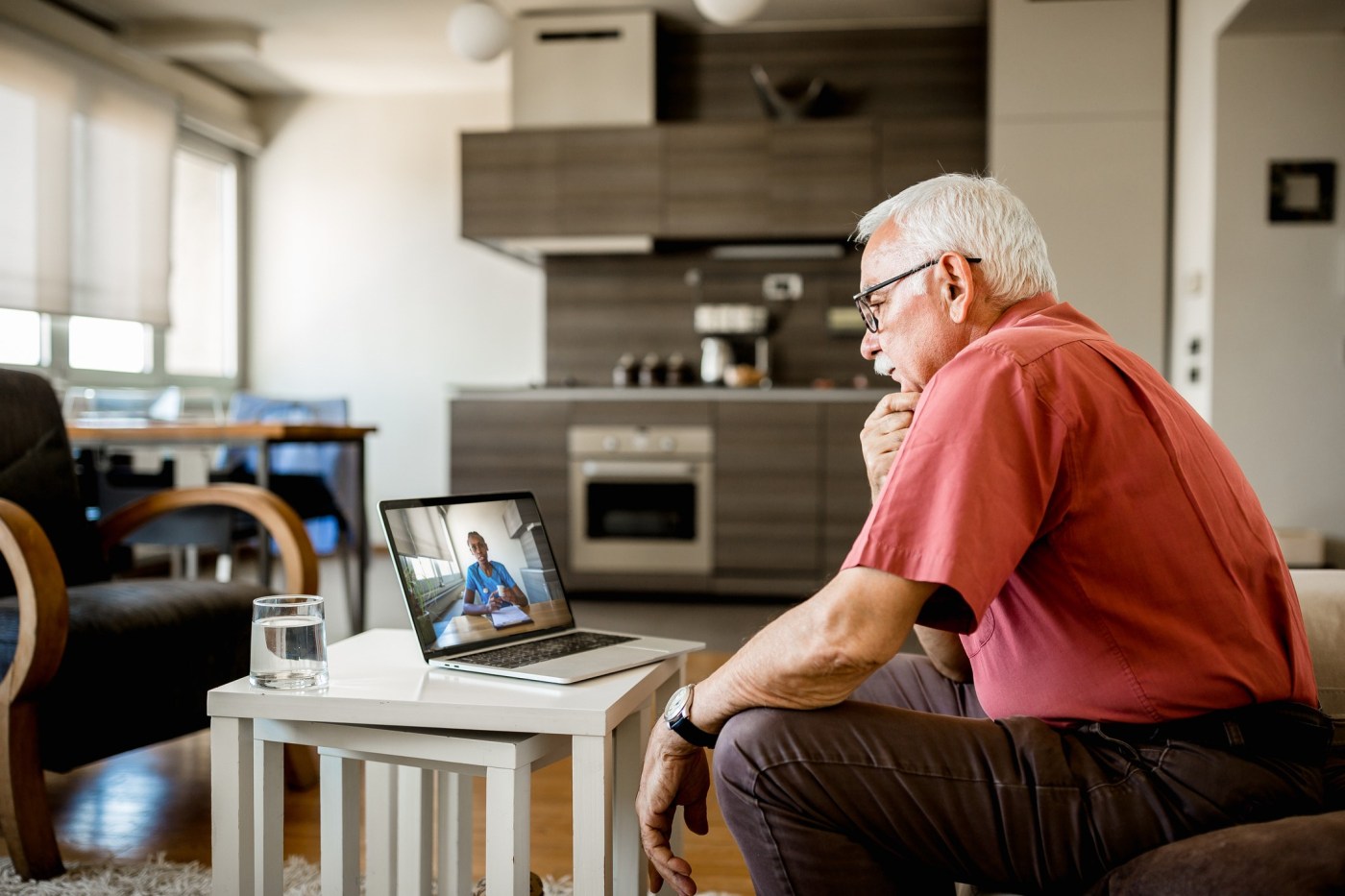A ringing phone or an incoming video teleconference call can be a distraction. But for Dr. Brenda Pence, the sound is a welcome sign that she continues to excel at her job.
As a clinical psychologist working in the realm of tele-mental health for the South Texas Veterans Health Care System, Pence has helped numerous Veterans, especially as telehealth options have increased in recent years.
Her hard work and dedication to Veterans has not gone unnoticed: She has been given the VA Video Connect Distinguished Leader Award.
“I’m honored they thought of me,” she said. “But it’s not just me. A lot of people have helped me along the way. I had to learn the ropes, too.”
“We looked at the data across VA to see which providers across a variety of specialties had done the most video connect in FY 20,” said Dr. Leonie Heyworth, Director of Synchronous Telehealth for the VA Office of Connected Care.
“Dr. Pence took the lead, by a long shot”
VA Video Connect is a relatively newer platform that allows Veterans to easily meet with their caregivers through live video on a device with an internet connection, such as a tablet, laptop or smartphone.
“Veterans enjoy the service; it’s convenient, especially if the Veteran has obstacles such as living too far from the hospital, or if they are a working Veteran,” said Pence.
Dr. Brenda Pence discusses VA tele-mental health services
While some Veterans may feel uncomfortable with the prospect of using VA Video Connect, Pence says there is no reason to be scared.
“The telehealth platforms that are used are all encrypted,” she said. “We have gone to a lot of trouble to make sure Veterans’ health information stays private.”
Additionally, there is no recording of sessions by the caregiver and patients are advised to not record either unless it is necessary for a part of their treatment.
“There are a lot of advantages for this platform.”
Moving forward, she predicts growth in the field of telehealth, especially due to the number of users and practitioners that have adopted it during the COVID-19 pandemic.
“Now that so many people have tried it due to the pandemic and found it helpful in so many ways, I think going forward it will become a bigger part of health care. Of course, there will still be in-person care but I think people are finding there are a lot of advantages for this platform,” she said.
For now, however, Dr. Pence and others working tirelessly in the field of telehealth and tele-mental health will to provide the best care possible to Veterans far and wide.
Joseph R. Greiner is a public affairs specialist at the South Texas Veterans Health Care System.
Topics in this story
More Stories
The Medical Foster Home program offers Veterans an alternative to nursing homes.
Watch the Under Secretary for Health and a panel of experts discuss VA Health Connect tele-emergency care.
The 2024 National Veteran Suicide Prevention Annual Report provides the foundation for VA’s suicide prevention programs and initiatives.








